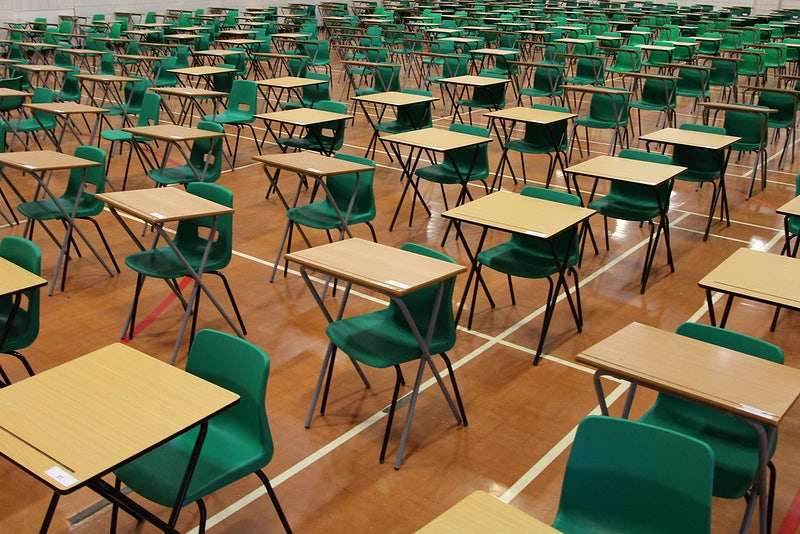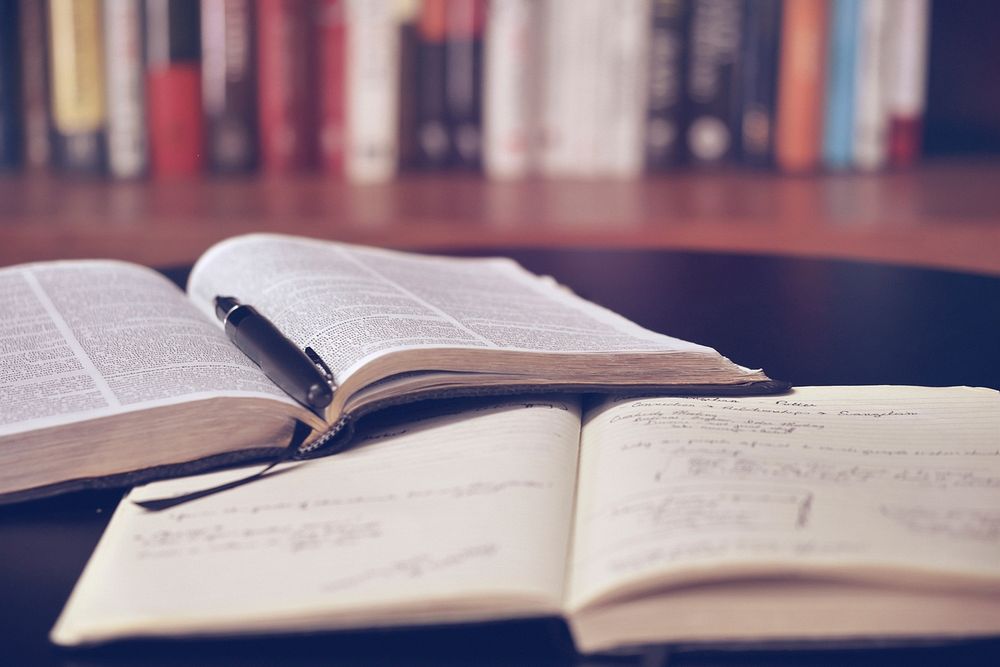Finals are approaching fast for students at FLHS, and with that, there are heightened anxiety levels and stress over finding the time to study. A final exam tests a student’s knowledge on the entirety of the course criteria. It is no surprise that many students stress out over them, but they do not have to be as challenging or as scary as everyone makes them out to be.
Studying is a term that can describe many types of strategies, but can be broken down into a simple structure of suggestions based on the subject and the type of student. To start, studying for math finals is the most straightforward out of all the subjects. Practice. The easiest way to understand what you are doing is to repeat doing it until it clicks. Practice. Most math teachers, if not all, will hand out large packets containing practice problems from every unit of the year. The sooner students start working on those problems, the less they will have to cram in the night before. Some students may also benefit from reviewing concepts before practicing executing them. For example, Geometry students might want to review the actual strategy behind proving triangles, before they attempt doing it themselves.
Classes based more in reading and writing such as Social Studies, of any kind, or English, usually have finals that test a student on these skills. Students get caught up in thinking they have to perfect a specific writing style that can achieve a desirable grade, but for finals, they should be focused more on learning the strategies that lead to success. Taking time to review writing structures and tips about a thesis can prove helpful when it comes time for the test. History classes should also have students reviewing content. They could do this by making Quizlets, taking notes, or watching everyone’s favorite Youtube Historian, Steve Heimler. Regardless of what method works best for them, students should never try to learn 500 years of history the night before their final, or wait until the 20 minutes between finals to learn how to write a proper thesis. These are skills the students know how to do so fighting procrastination and exhaustion is the real skill that finals force students to learn.
Regardless of the class, the format of the test, or how confident the individual is, finals inevitably cause stress for most students. A small amount of nerves before a test are good. They signify that a student cares and wishes to do well, however, large amounts of nerves lead to poor performance and can lead to poor mental health. The number one way to combat stress is to feel very secure in yourself when you walk into an exam. Confidence can come from healthy amounts of studying. It is important to note that there is a possibility of studying too much. Students shouldn’t be awake at two in the morning, the night before their science final, reviewing information.
Taking care of yourself is the most important part of finals season. It is easy to get caught up in the pressure and desire to succeed, especially in a climate like Ludlowe High School, but you and your mental health should always come before your education. While students tend to neglect getting proper amounts of sleep, eating well, and exercising regularly, these factors are all essential to your success. A proper 8 hours of sleep the night before an exam can make or break your testing experience and a solid breakfast to fuel you up before your final will go a long way.
Don’t forget that at the end of the day, your finals don’t determine who you are. They are a small aspect of your education. They do not determine self worth and importance. So take care of yourself, try your best, and don’t forget that your finals are only one small part of your entire education and final grade.








